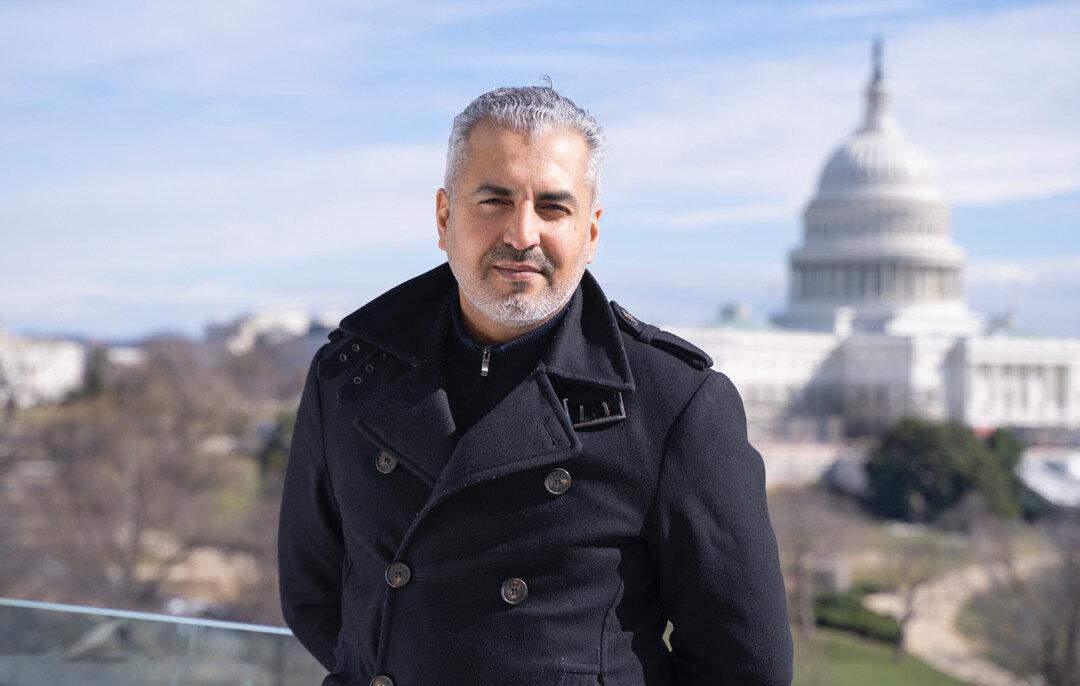“It’s a war over narrative,” says Maajid Nawaz, “and whoever gets to define the narratives around world events gets to define how those events are perceived and how we respond to them.”
In this episode of “American Thought Leaders,” host Jan Jekielek and Nawaz, the author of “Radical: My Journey Out of Islamist Extremism,” discuss the World Economic Forum, the erosion of Western liberties, and the ways ideology shapes our world.






